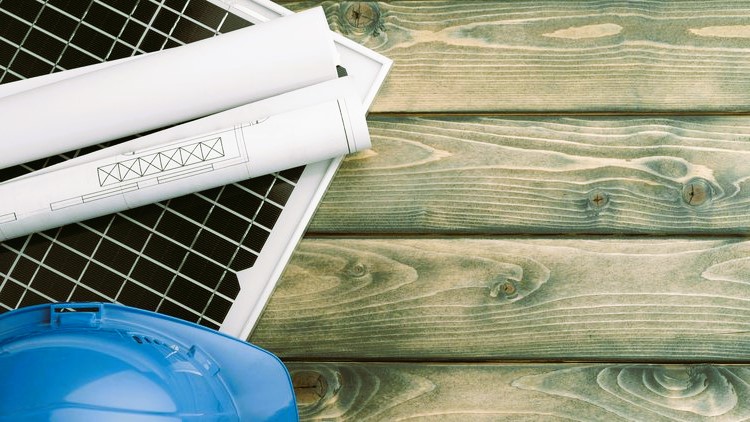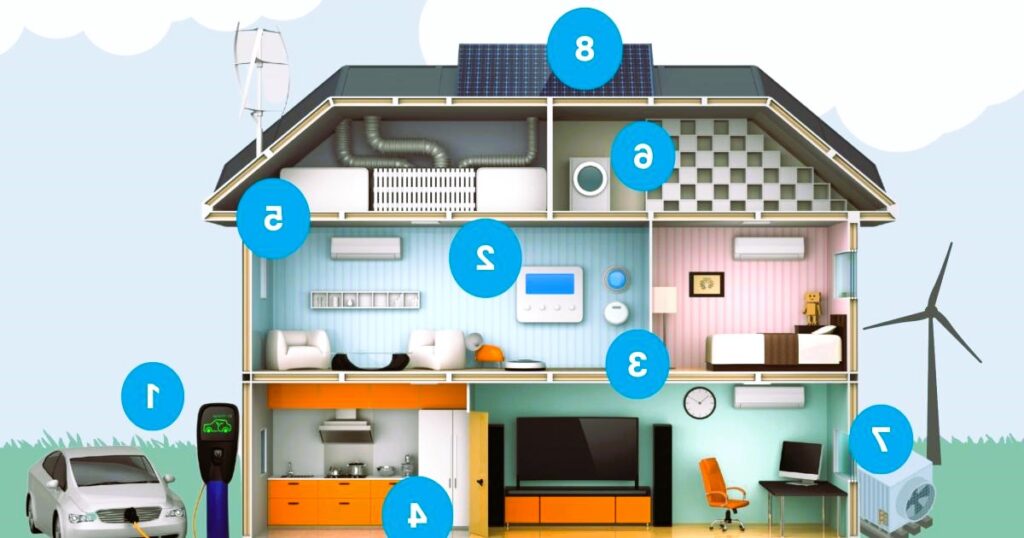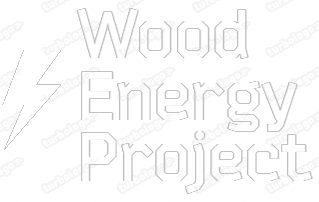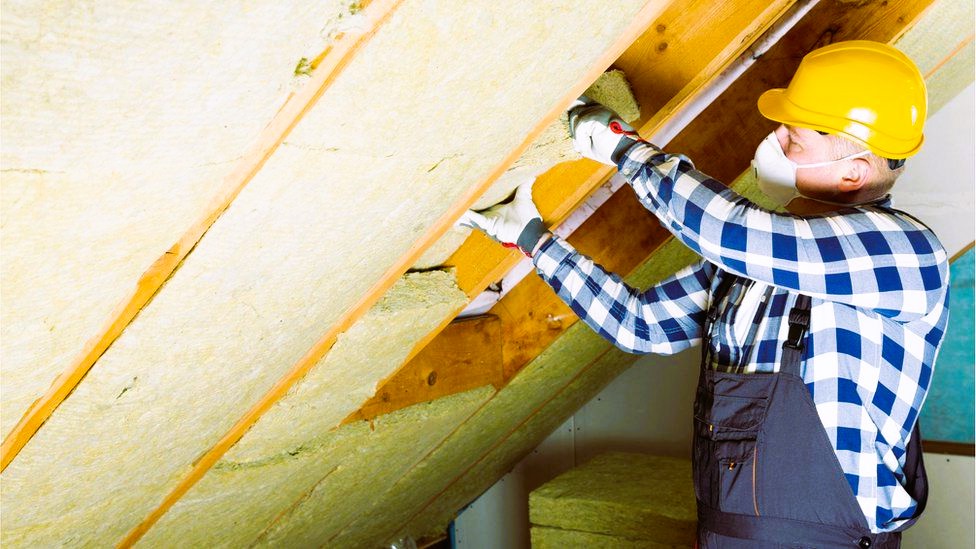Investing in home insulation is a smart financial decision that offers long-term economic benefits. Proper insulation not only improves the comfort and energy efficiency of your home but also helps you save money on heating and cooling costs. In this article, we will explore the economic advantages of home insulation and how it can contribute to your financial well-being.
- Reduced Energy Costs
One of the primary economic benefits of home insulation is the significant reduction in energy costs. Insulation acts as a barrier, preventing heat transfer between the interior and exterior of your home. This means that during the cold winter months, insulation helps retain heat inside, reducing the need for constant heating. Similarly, in the hot summer months, insulation keeps the cool air in and prevents the hot air from entering your home, reducing the need for excessive air conditioning. As a result, your energy consumption decreases, leading to lower utility bills.

- Increased Energy Efficiency
Home insulation enhances the energy efficiency of your property. When your home is properly insulated, it minimizes air leaks and drafts, which are common sources of energy waste. Insulation materials such as fiberglass, cellulose, or spray foam act as a barrier to airflow, sealing gaps and cracks in walls, ceilings, and floors. By improving your home’s thermal performance, insulation ensures that the conditioned air produced by your heating and cooling systems remains inside your home for longer periods, reducing the need for frequent energy consumption. This increased energy efficiency translates to lower monthly utility bills and substantial long-term savings.
- Return on Investment (ROI)
Home insulation offers an attractive return on investment. While the initial cost of insulation installation may vary depending on factors such as the size of your home and the type of insulation material used, the savings you gain from reduced energy costs can quickly offset this expense. In many cases, homeowners experience a positive ROI within a few years of insulation installation. The money saved on heating and cooling bills can be redirected towards other household expenses, savings, or even further home improvements.
- Increased Property Value
Insulation not only saves you money on energy costs but also adds value to your property. In today’s real estate market, energy-efficient homes are highly sought after. Prospective buyers are willing to pay a premium for homes with proper insulation as they understand the long-term financial benefits associated with reduced energy consumption. By investing in home insulation, you can increase the resale value of your property and attract potential buyers looking for energy-efficient and cost-effective homes. The Power of Insulation: How Properly Insulated Homes Save on Heating.
- Environmental Benefits

Beyond the economic advantages, home insulation also offers environmental benefits. By reducing your energy consumption, insulation helps lower greenhouse gas emissions associated with electricity generation. This contributes to a more sustainable and eco-friendly future. By insulating your home, you actively participate in environmental conservation, helping to mitigate climate change and create a greener planet for future generations.
Conclusion
Home insulation is a wise financial decision that pays dividends in the long run. The economic benefits of insulation, including reduced energy costs, increased energy efficiency, positive ROI, increased property value, and environmental advantages, make it a sound investment for homeowners. By insulating your home, you not only save money but also improve your comfort, reduce your carbon footprint, and contribute to a more sustainable future. Consider consulting with a professional insulation contractor to assess your home’s insulation needs and embark on a journey towards economic prosperity and energy efficiency.

